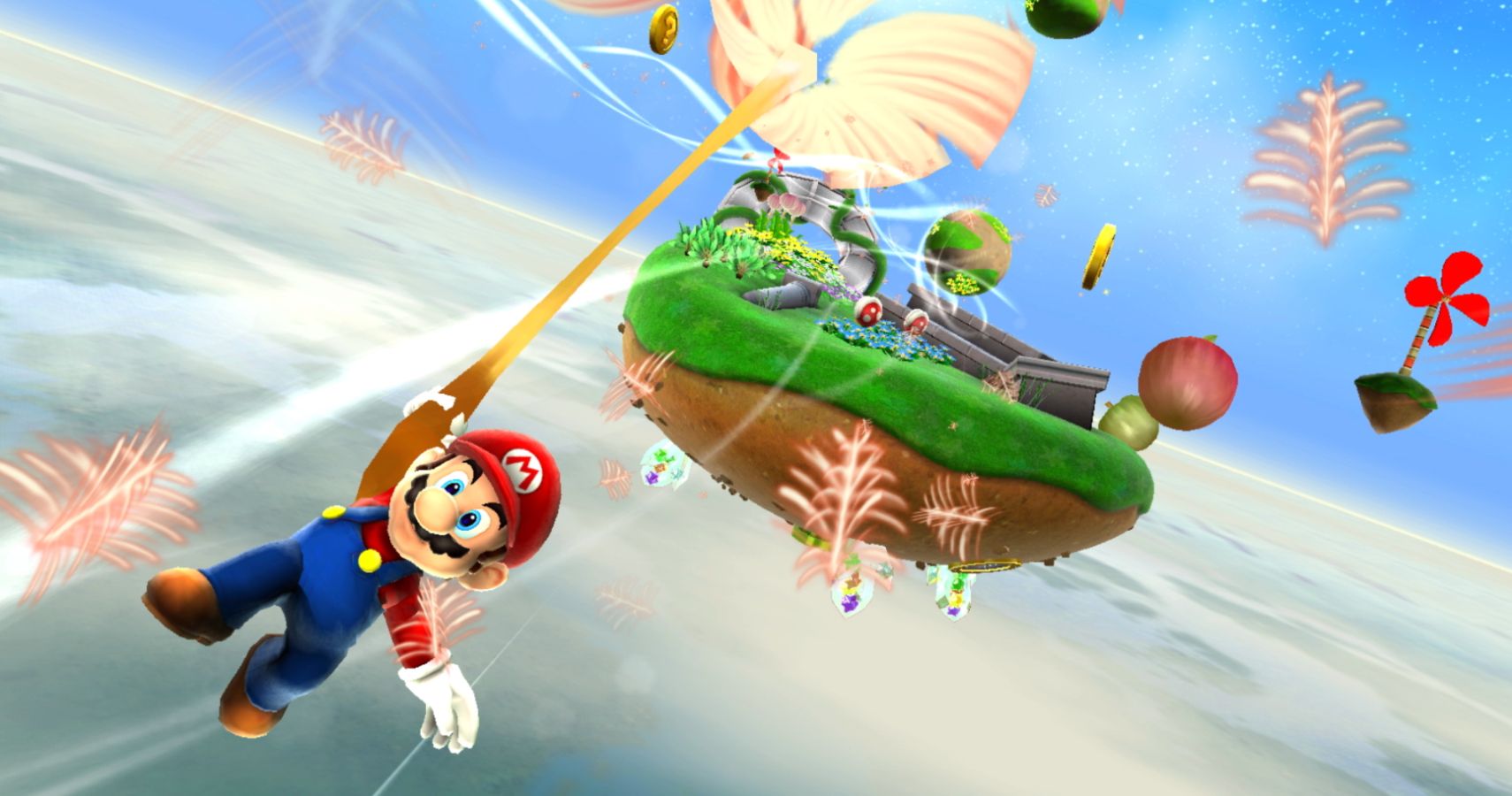If you, like myself, have been a video game nerd for about as long as you’ve been able to talk, walk, and form coherent memories, then you’ll love this one.
According to some research conducted earlier this year at Universitat Oberta de Catalunya in Barcelona, Spain, all that time spent gaming in your childhood could have paid off in more ways than you might have expected.
Big Bad Video Games
The advantages of video gaming have long been contested, presumably since they became all the rage around three decades ago. Seeing as they’re generally so much fun, people – especially kids – just want to play them all the dang time. As you might expect, that has led parents all over the globe to quiver at the thought of all the Big Bad Things gaming is doing to their children’s brains. Timmy should be out there climbing a tree instead, right?
Sure, if that’s what Timmy takes pleasure in doing. And yes, of course there are (also very contested) limits to the amount of time Timmy should be spending in front of the PS4, and the types of games Timmy should have access to depending on his age. He should also be aware that trees and nature are fun too, and that balance is important. But the fact that he wants and loves to be a gamer is really cool, and more than that, could actually be beneficial for that brain of his.
The Study
In June this year, neuroscience researchers Marc Palaus and his three research buddies published a fascinating study that revealed some unexpected results. They set out to see whether a combination of video game training and transcranial magnetic stimulation – or TMS – could enhance cognitive functioning.
TMS is a kind of non-invasive brain stimulation which is often used to alter (and ideally enhance) the firing of brain cells within targeted brain areas. Hopefully, certain cognitive functions related to those areas will also be enhanced as a result.
There’s also some evidence out there that suggests the positive effects of TMS can be amplified if it is applied directly after the completion of some skill training tasks. So the authors thought, why not use a video game as the skill training task? After all, there’s certainly enough evidence suggesting that games do entail the use of a wide range of different cognitive skills simultaneously. They’re also easy to get ahold of, generally allow you to adjust the level of difficulty (and thus the level of cognitive demand), and are, of course, pretty fun.
The Results
Given all this logic, the team expected that pairing TMS with some gaming sessions would significantly enhance a number of cognitive skills in their group of volunteers. Such skills include attention, processing speed, and working memory.
But alas, after a total of 15 hours playing Nintendo’s 1996 classic Super Mario 64 (not all in one sitting, thank goodness), that turned out to be a bit of a dud.
Volunteers played a bit every day for 10 days, receiving some accompanying TMS while they were at it. Unfortunately, though, the researchers found no significant improvements in cognitive skills as a result. But because researchers are resilient little buggers, they decided to dig deeper.
All Is Not Lost
After checking out other variables that they suspected could have helped lead to their boring results, the researchers noticed something about the volunteers who reported having had early gaming experience. Specifically, they demonstrated improved performance in a test of working memory, especially compared to participants who didn’t have long-term gaming experience.
Working memory refers to the part of your memory system that lets you hold small bits of relevant information on hand whilst you carry out other tasks simultaneously. You can see how that might come in handy in problem solving and decision making, both of which are prominent features in video games.
The experienced gamers also managed to better maintain largely constant reaction times when presented with changes in a test of inhibition, compared to the more unsteady reaction times of the inexperienced lot.
A Final Word
Surely playing games since childhood would have some impact on the way we react to things, approach problems, and think of solutions. From all this, it certainly wouldn’t be too far-fetched to think that perhaps all that gaming we’ve been doing has been beefing up our working memory and inhibitory skills without us even realizing it.
The authors remind us that these unanticipated findings are only exploratory and not definitive of anything yet, and that’s certainly important to keep in mind. But still, I’m just happy to have some cold hard evidence that playing video games could actually be a good idea (not that I needed any).
Source: Palaus et al. (2020)
READ NEXT: New Study Says Game Streaming Has Largest Carbon Footprint
- TheGamer Originals
- Super Mario 64
- academia
Neuroscience student and massive nerd, currently based in Johannesburg, South Africa. Research interests include how neuroscience and user experience in video games interact with each other. News and feature writer for TheGamer.com. Other interests include anime and everything Japanese, fitness, and cats.
Source: Read Full Article


